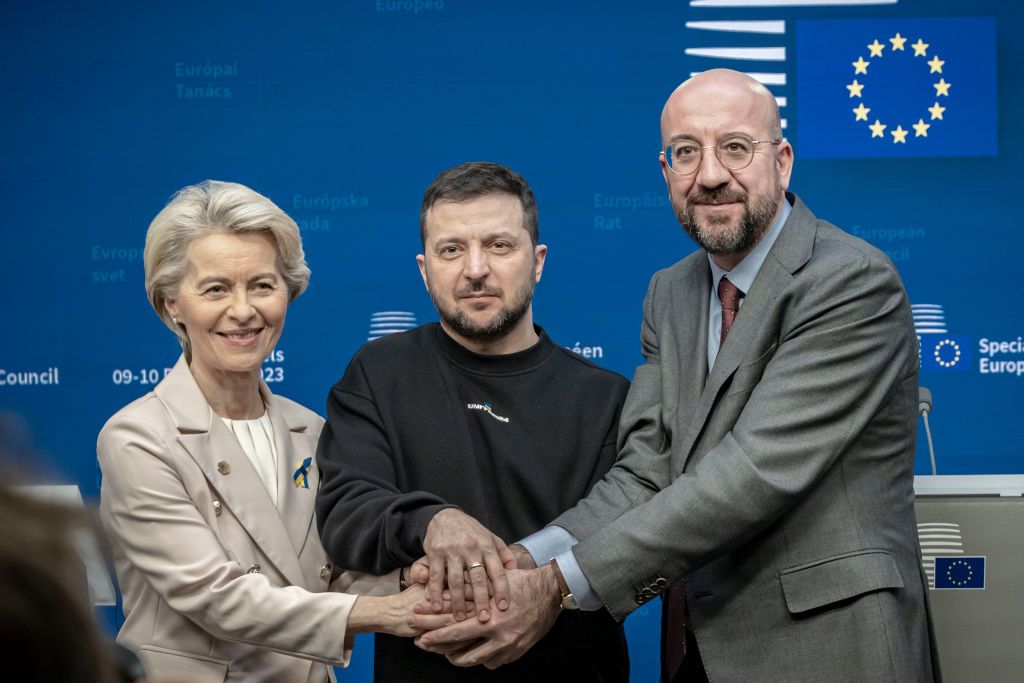Reuters: EU to present favorable assessment of Ukraine's membership bid on Nov. 8

The European Commission is expected to issue a positive evaluation of Ukraine's accession bid on Nov. 8, although additional conditions may be raised, Reuters reported on Oct. 24, citing three official sources.
Following a potential recommendation by the EU's executive body, the member states' leaders still have to agree to open the actual negotiations. The bloc's representatives are expected to make the decision during a Dec. 14-15 summit, the news agency reported.
While the Commission will likely support the launch of Ukraine's membership talks, Kyiv may be asked to take more steps in its fight against corruption and in national minorities rights, Reuters said.
The latter point is reportedly connected to Budapest's long-term complaints of alleged discrimination against the Hungarian ethnic minority in western Ukraine pertaining to language rights, an accusation that Kyiv rejects.
As part of the accession process, Kyiv was presented with seven criteria it needs to fulfill in order to begin the membership talks.
Deputy Prime Minister for European and Euro-Atlantic Integration Olha Stefanishyna said in September that Ukraine had already "fulfilled the EU recommendations on the necessary legislative work in the judicial and media spheres," adding that the reforms in other areas are ongoing.
When asked how far Ukraine came in fulfilling all the seven criteria, an EU official told Politico earlier in October that progress has been encouraging, and only the area concerning national minorities seemed problematic in the short term.
The Verkhovna Rada, Ukraine's parliament, adopted changes to its law on national minorities on Sept. 21, taking into consideration recommendations by the Venice Commission.
The Venice Commission is the Council of Europe's advisory body that provides guidance to Ukraine and other potential members on implementing steps needed for EU integration.
The EU's executive body is expected to issue its assessment on other hopefuls as well. While Moldova may receive a similarly positive evaluation, "the jury is still out" on Georgia, Reuters said, citing its sources.
The Caucasian country's ruling party – the Georgian Dream – has been accused of democratic backsliding and of pulling the country back into the Kremlin's orbit. Unlike Kyiv or Chisinau, Tbilisi was not granted an EU membership candidate status in June 2022.













